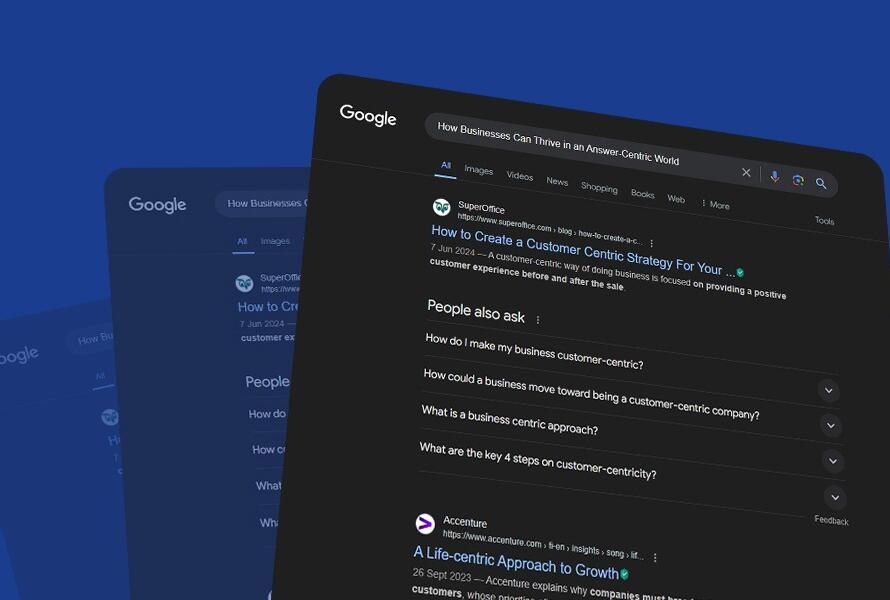Business productivity can be significantly enhanced through the strategic application of artificial intelligence (AI).
Artificial Intelligence (AI) has emerged as a transformative technology with immense potential to enhance business productivity across various industries. Here’s a detailed exploration of how AI can drive productivity:
Automation and Efficiency: AI can automate repetitive and time-consuming tasks, such as data entry, document processing, and basic customer inquiries. This automation frees up employees to focus on higher-value tasks that require creativity and critical thinking. For example, AI-powered chatbots can handle customer queries, reducing response times and improving customer satisfaction.
Data Analysis and Insights: AI can analyze vast amounts of data to uncover valuable insights. By identifying patterns and trends, businesses can make more informed decisions. For instance, AI can analyze customer behavior to personalize marketing campaigns or predict demand for products and services.
Process Optimization: AI can optimize business processes by identifying inefficiencies and recommending improvements. For example, AI can analyze manufacturing processes to reduce waste and improve output or optimize supply chains to reduce costs and improve delivery times.
Enhanced Customer Experience: AI can improve the customer experience by providing personalized recommendations and support. For example, AI-powered recommendation engines can suggest products based on past purchases, and virtual assistants can provide instant support to customers.
Risk Management: AI can help businesses identify and mitigate risks. By analyzing data from various sources, AI can identify potential risks and provide recommendations to reduce them. For example, AI can analyze financial data to detect fraud or identify market trends that may impact business operations.
Employee Empowerment: AI can empower employees by providing them with tools and insights to perform their jobs more effectively. For example, AI-powered analytics tools can help sales teams identify the most promising leads, or AI-powered assistants can help employees manage their schedules and tasks more efficiently.
Decision Support: AI can provide decision-makers with valuable insights and recommendations. By analyzing data and identifying patterns, AI can help businesses make more informed and timely decisions. For example, AI can analyze market trends to help businesses identify new opportunities or predict customer demand.
Continuous Improvement: AI can facilitate continuous improvement by analyzing performance data and identifying areas for optimization. For example, AI can analyze production data to identify bottlenecks and inefficiencies, enabling businesses to make targeted improvements.
In conclusion, AI has the potential to revolutionize business productivity by automating tasks, providing valuable insights, and enabling more informed decision-making. Businesses that embrace AI stand to gain a competitive advantage by operating more efficiently, delivering better customer experiences, and driving innovation.


